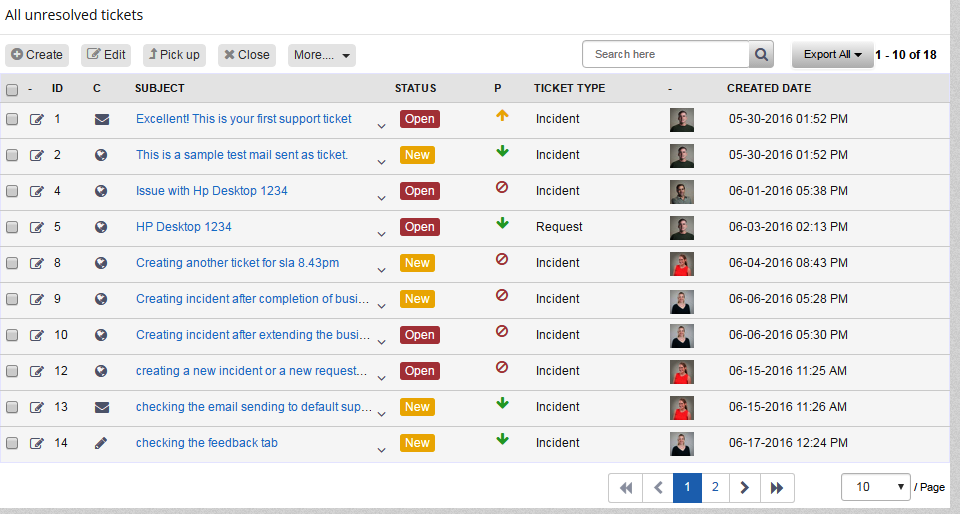


Alert management enables organizations to create and manage communications related to major business issues or incidents. The process that monitors all events that occur through the IT infrastructure. It allows for normal operation and also detects and escalates exception conditions. This allows incident alert administrators to bring together all involved users during these alerts and establish quick and easy communication within this group. A virtual environment where your whole team can prepare for, react to and recover from each incident in real-time.
ITSM Service Desk service alert system was designed to be a simple solution for centralizing and managing alerts. service desk/ticketing systems are frequently designed around asset and relationships.







Alert Management monitors and handles all events occurring throughout the IT services and systems
Every Alert runs through a set of standardized activities and procedures in order to ensure effective.
Get a free 30 day trial with unlimited agents. No credit card required. Get Started Now